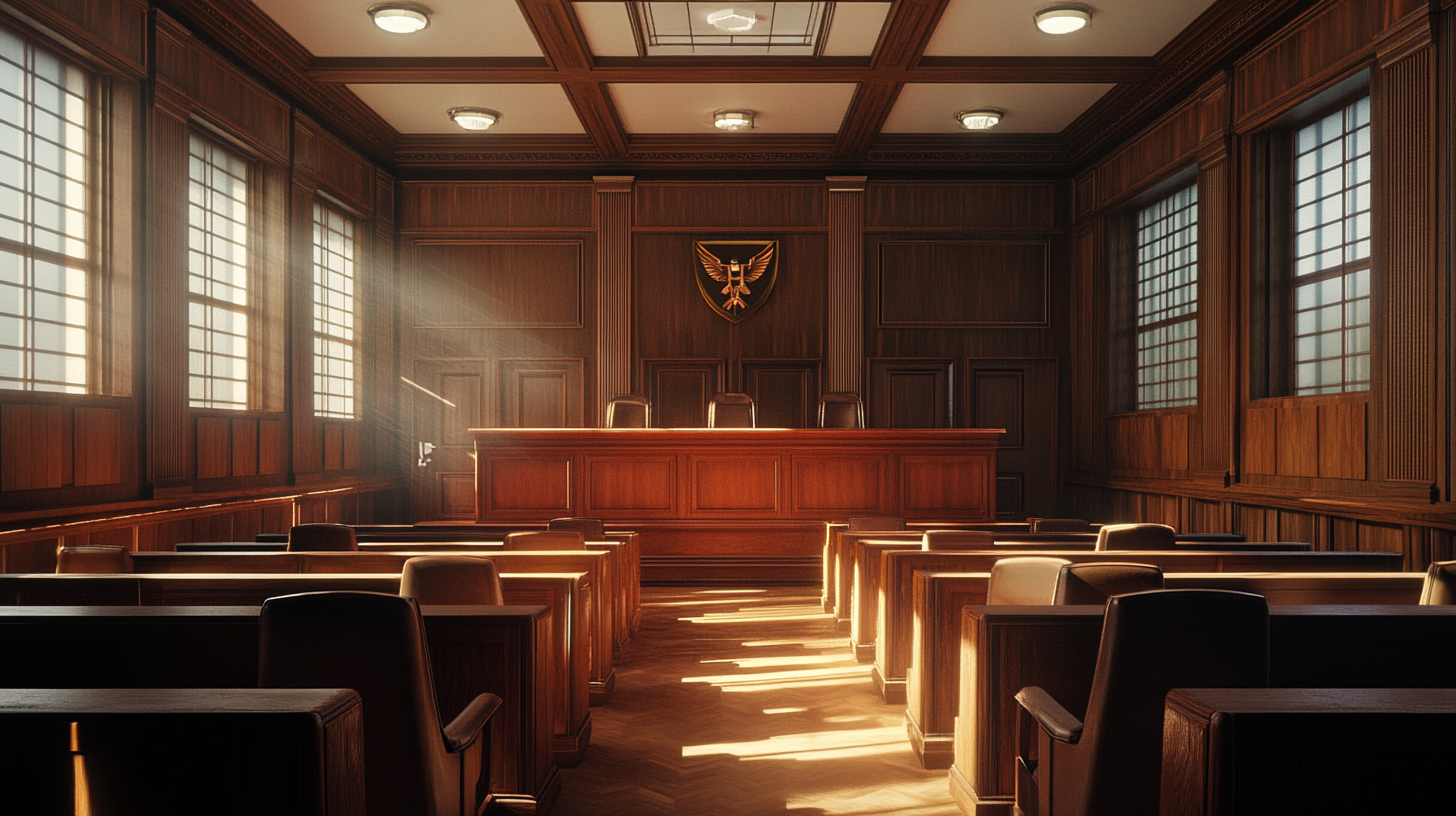Understanding Military DUI Laws in Grass Valley and Nevada City, CA
Driving under the influence (DUI) is a serious offense in California. The state has strict laws in place to deter individuals from driving while impaired by alcohol or drugs. For civilians, a DUI charge can lead to severe penalties, including fines, license suspension, and even imprisonment. These measures are designed to safeguard the public by discouraging impaired driving, which poses a significant risk on the roads. The legal framework not only punishes offenders but also aims to rehabilitate them through mandatory educational programs.
However, for military personnel, the implications can be even more severe due to the additional layer of military law. The intersection of civilian and military jurisdictions means service members face a unique set of challenges. Military law often carries its own set of penalties that can significantly impact a service member’s career and personal life. Understanding these laws is essential for military personnel, as the consequences extend far beyond those faced by civilians.
What Constitutes a DUI in California?
In California, a DUI is defined as operating a vehicle with a blood alcohol concentration (BAC) of 0.08% or higher. For commercial drivers, the limit is 0.04%, and for those under 21, it’s 0.01%. It’s crucial to note that these limits apply not only to alcohol but also to any substance that impairs your ability to drive safely, including prescription drugs and cannabis. The state employs rigorous testing methods and checkpoints to ensure compliance, making it imperative for drivers to remain vigilant about their consumption.
Understanding these thresholds is vital for all drivers, including military personnel, who may face additional scrutiny due to their status. Military bases often have their own enforcement measures, reflecting a zero-tolerance policy towards impaired driving. The consequences of a DUI can ripple through a service member’s personal and professional life, emphasizing the need for awareness and adherence to these regulations.

Military DUI Laws: An Overview
Military personnel are subject to both state and federal laws. This means that if a service member is charged with a DUI in Grass Valley or Nevada City, they face consequences under both civilian and military jurisdictions. This dual accountability can complicate matters significantly, as military justice systems operate independently from civilian courts. Service members must navigate two sets of legal processes, each with its own procedures and potential outcomes.
How Military Law Applies
Under the Uniform Code of Military Justice (UCMJ), a service member can be prosecuted for a DUI even if the offense occurs off-base. The UCMJ allows the military to take action against service members for conduct that brings discredit upon the armed forces or is prejudicial to good order and discipline. This broad scope means that military authorities can impose penalties regardless of where the offense takes place, reflecting the high standards expected of service members.
The military justice system can impose its own set of penalties, separate from those of civilian courts. These can include non-judicial punishments or court-martial, depending on the severity of the offense. It’s essential for military personnel to understand how these laws apply, as the consequences can be career-defining, impacting their standing and future prospects within the armed forces.
Consequences of a Military DUI
The repercussions of a DUI for military personnel can be far-reaching. Beyond the civilian penalties, service members may face additional military punishments. The implications extend into various aspects of their military career, affecting their reputation and professional trajectory. Understanding the full scope of these consequences can help service members better navigate the legal process and prepare for potential outcomes.
Civilian Penalties
In Grass Valley and Nevada City, a DUI conviction can lead to:
- Fines: Substantial monetary penalties can be imposed, which can strain personal finances and affect a service member’s financial stability.
- License Suspension: A DUI can result in the suspension of your driver’s license, complicating daily life and duties, especially for those whose roles require driving.
- Imprisonment: Depending on the severity, jail time may be a possibility, leading to a temporary or permanent separation from the military.
- Mandatory DUI Programs: Offenders may be required to attend alcohol education programs, which aim to rehabilitate and educate to prevent future offenses.
Military Penalties
For service members, the military may impose:
- Reduction in Rank: A conviction can lead to demotion, affecting pay and position within the military hierarchy.
- Forfeiture of Pay: Service members may lose part of their salary, impacting their financial situation and obligations.
- Extra Duties: Additional responsibilities may be assigned as punishment, reflecting the military’s emphasis on discipline and corrective action.
- Confinement: Time in a military prison is possible, a severe penalty that can lead to long-term career and personal repercussions.
- Discharge: In severe cases, a DUI can lead to a dishonorable discharge, severely affecting future employment and benefits, a consequence that underscores the gravity of such offenses within the military.
The Impact on Military Careers
A DUI conviction can have a profound impact on a military career. It can hinder promotions, affect security clearances, and damage one’s reputation within the armed forces. The military takes DUI offenses seriously, viewing them as a breach of conduct and responsibility. The repercussions can ripple through various facets of a service member’s career, creating long-term challenges.
Security Clearances
Security clearances are vital for many military roles. A DUI conviction can jeopardize a service member’s ability to obtain or maintain a clearance, leading to reassignment or discharge. This loss can be particularly damaging, as many positions require high-level clearances, and without them, career prospects can be severely limited. The process of regaining a clearance is complex and not guaranteed, further underscoring the importance of maintaining a clean record.
Promotion and Career Advancement
A DUI can halt career progression. Service members with a DUI record may find themselves overlooked for promotions and other opportunities within the military. The stain of a DUI can influence evaluations and hinder the ability to take on leadership roles, stalling an otherwise promising career. The military’s emphasis on discipline and responsibility means that any breach can have lasting consequences.

Legal Representation and Defense
Given the complexity of military DUI laws, it’s crucial for service members facing charges to seek legal representation. An attorney familiar with both civilian and military law can provide the necessary defense and guidance. Having expert legal advice can significantly affect the outcome of a case, offering strategies that consider both legal systems’ intricacies.
Choosing the Right Attorney
When selecting an attorney, look for one with experience in both civilian DUI cases and military law. This dual expertise is essential to navigate the intricacies of a military DUI charge effectively. An attorney well-versed in military procedures can offer insights into potential defenses and negotiate on behalf of the service member, aiming for the best possible outcome. Their understanding of military culture and law can be invaluable in building a strong defense.
Preventative Measures and Education
Prevention is always better than facing charges. Military personnel are encouraged to educate themselves about the risks and consequences of DUI. Many military bases offer programs and resources to help service members make informed decisions and avoid impaired driving. These resources are designed to promote awareness and provide practical solutions to prevent DUIs.
Programs and Resources
- Alcohol Awareness Programs: These programs educate service members on the effects of alcohol and the importance of responsible consumption, offering strategies to avoid impaired driving.
- Transportation Alternatives: Many bases offer transportation services to prevent impaired driving, such as shuttles or designated driver programs, ensuring that service members have safe alternatives.
- Peer Support: Fellow service members can provide support and guidance to those struggling with alcohol-related issues, fostering a community of accountability and care.
Conclusion
Understanding the implications of a DUI for military personnel in Grass Valley and Nevada City is essential. The dual accountability under civilian and military law means that service members must be particularly vigilant. By staying informed and seeking appropriate legal counsel when necessary, military personnel can navigate these challenging situations more effectively. Awareness and education are key components in preventing DUIs and mitigating their impact.
If you or someone you know is facing a DUI charge, taking immediate action by consulting a knowledgeable attorney can make a significant difference in the outcome. Always remember, it’s better to prevent than to face the consequences of a DUI. Stay informed and stay safe. Being proactive and informed can help service members maintain their careers and uphold the standards expected of them in the military.
Contact The Win Law Firm for Legal Assistance
If you or a loved one is facing a DUI charge, it’s crucial to have experienced legal representation on your side. The Win Law Firm specializes in both civilian and military DUI cases, providing the expertise needed to navigate the complexities of the law. Don’t wait until it’s too late—reach out to The Win Law Firm today for a consultation. Their dedicated team is ready to help you understand your rights and options, ensuring you receive the best possible defense. Contact them now to take the first step towards protecting your future.
